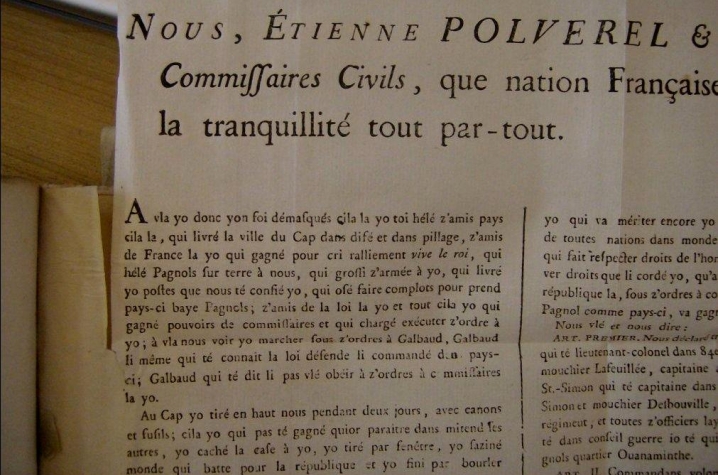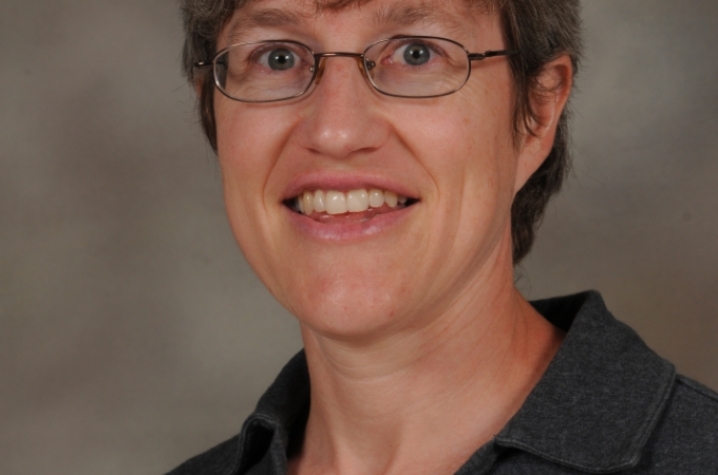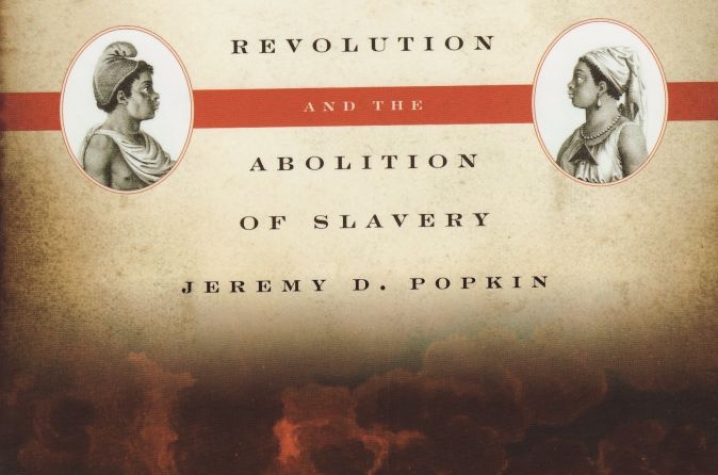Beyond the Crisis: A Look at Haiti in Kreyòl
LEXINGTON, Ky. (Sept. 23, 2010) – After the Jan. 12 earthquake and its accompanying aftershocks destroyed the already impoverished country of Haiti, University of Kentucky history professor Jeremy Popkin felt the need to take action.
"After the earthquake, I thought that UK needed to respond to the crisis," he said. "This is a role that universities must play."
When a January forum on the Haiti catastrophe drew over 150 student participants, Popkin decided to create a class for this fall, titled, "Haiti in the Modern World." The renowned French Revolution scholar, who came to current Haitian history relatively recently, felt a need to educate students as well as Lexington residents about the disaster-torn country, and Popkin's three-part lecture series of the same name begins with a presentation on Kreyòl, Haiti's native language.
Professor Aletha Stahl of Earlham College's Department of French and Francophone Studies will present the first lecture of the "Haiti in the Modern World," series, titled, "Potomitan Kreyòl: The Language of Liberty in Haiti from Colony to Post-Quake" at 4 p.m. on Sept. 27, in the Niles Gallery.
"I wanted to give people insights into Haitian life and culture," Popkin said. "And Kreyòl is a very living language." Eighty percent of Haiti's population uses Kreyòl, which is a mixture of African languages and French, on a daily basis.
Stahl, one of the only professors in the country who teaches Kreyòl, will discuss Haitian communication, as well as the development of the Kreyòl language. The potomitan is a pole used to communicate with spirits in Haitian religious ceremonies.
Popkin's course and the accompanying series focus on different aspects of Haitian life. October's featured speaker, Robert Fatton, will discuss Haitian politics. And in November, Leslie A. Brice will talk about Haitian religion and art.
"Every American knows about the poverty that resides in Haiti," said Popkin. "But there are fewer people that know about the vibrant culture of the country."
Popkin hopes that both the class and the corresponding programming are useful for students interested in traveling to Haiti to help, but also in response to the increasing Haitian population moving to the U.S. "I am continually surprised at the amount of American involvement in Haiti, whether it's through church groups or medical missions," said Popkin. "Many people go down there in a state of total ignorance."
Popkin's students are interested in the topic and ready to learn more. "My Haiti class has 40 students enrolled. My French history class usually has 20. What does that tell you?"
Popkin's recent interest in Haitian history has also resulted in a new book, "You Are All Free: The Haitian Revolution and the Abolition of Slavery," released just this month from Cambridge University Press. "Haiti plays a large role in the era of French history that I study," said Popkin. "This area of the world was quite influential."
"Haiti in the Modern World" is co-sponsored by the College of Arts and Sciences, Department of History, International Studies Program, French Division of the Department of Modern and Classical Languages, Department of Political Science, Africana Studies Program and the Office of the Provost. For more information on "Haiti in the Modern World," please contact Popkin at popkin@uky.edu.







